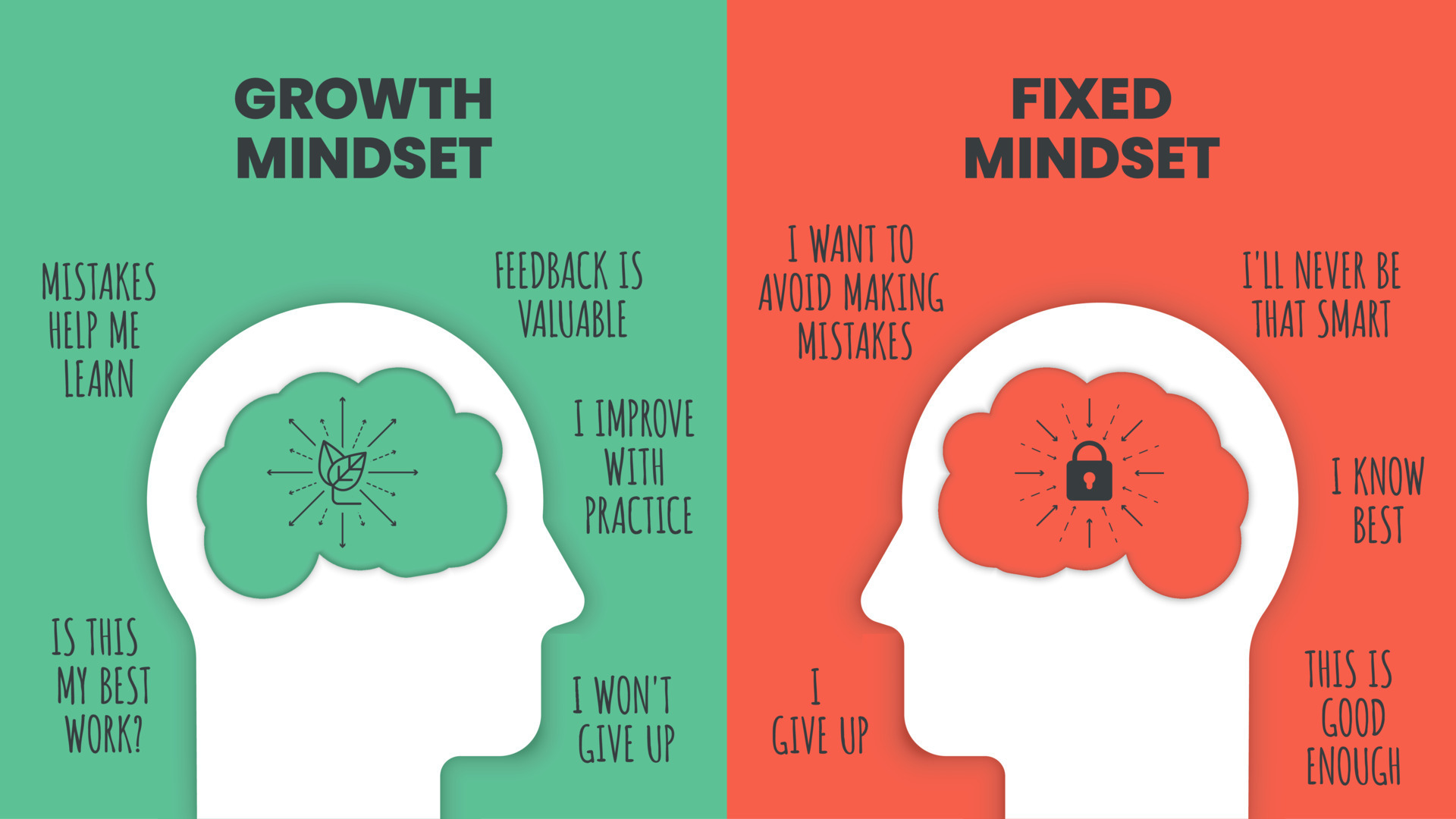
Mindsets and Methodologies that Produce Mastery
Mindfulness in Achieving Mastery Across Disciplines
Mastering any skill or discipline is an intricate process that demands unwavering dedication, consistent practice, and a keen awareness of your mental state. A fundamental aspect of this journey is mindfulness, which undeniably enhances continuous improvement and excellence in any field. Mindfulness intentionally directs your attention to the present moment by asking yourself questions. Where are you now? Where do you want to be? How far do you want to go? This powerful approach is key to mastering skills, as it enables individuals to immerse themselves in their activities fully—be it playing a musical instrument, painting, coding, or engaging in athletic training. By consciously honing in on the task at hand and recognizing your thoughts, emotions, and sensations, you can clarify your strengths and identify areas for growth or improvement.
Looking at the stones above, one would perceive them as simple rocks scattered along the sand. However, when placed in the sand creatively as they are, stacked with their unique shapes, sizes, and colors, they form the bonds of family and friends walking together. Perception is everything to the mind because it allows us to view situations from different angles or viewpoints to form conclusions. This gives each person their own opinion, using both critical and imaginative thinking.

The Difference Between a Growth Mindset and a Fixed Mindset.

20 Thinking Keys:
1. The Reverse- Challenges thinking of the never, cannot
2. The What If- A what if question, come up with solutions
3. The Disadvantages- List disadvantages and Improvements
4. The Combination- List attributes of both, then combine
5. The Alphabet- Come up with something for each letter of the Alphabet
6. The B A R- Bigger, Add, Replace acronym. Come up with a solution for each.
7. The Variations- How many ways can you…
8. The Picture- Draw a picture/diagram
9. The Prediction- Make a prediction
10. The Different Uses- Find 10 different uses for…
11. The Ridiculous- Try to justify a ridiculous statement
12. The Commonality- Find common points between…
13. The Question- Come up with 5 questions for…
14. The Brainstorming- Brainstorm solutions for…
15. The Inventions- Design a …
16. The Brick Wall- Consider alternatives to…
17. The Construction- Construct a… Materials…
18. The Forced Relationships- Come up with a solution to a problem involving two dissimilar objects
19. The Alternative- Work out 3 ways to…
20. The Interpretations- Give 3 possible explanations for…
Subscribe to their channel and ours.
Methodology
Be effective and harness mindfulness with key strategies. Implementing regular reflection on the methods is essential. Your progress is non-negotiable. Keep a journal to evaluate your practice sessions, noting your successes, setbacks, and emotional states, which can deepen self-awareness and facilitate targeted improvements in your performance. Challenge yourself with practical tests. This method cultivates essential qualities of patience and persistence. Mastery does not happen overnight; it requires time and relentless effort. By remaining present-focused and celebrating small victories along your journey, you can sustain motivation and reinforce a commitment to achieving long-term goals.
Additionally, mindfulness is a powerful tool for overcoming performance anxiety and managing distractions. Center your thoughts on positivity to alleviate fears of failure or harmful comparisons. Create an optimal mental environment for learning and growth. Techniques such as meditation, controlled breathing, and visualization (environmental change) empower you to maintain focus and perform at your absolute best. Eliminate distractions in your environment, especially the ones meant to discourage you or direct your focus elsewhere.
In summary, the pursuit of mastery in any discipline is significantly amplified through mindful methods. By embracing this approach, you can profoundly understand your craft, enhance your performance, and enjoy a rewarding experience. Find a skill, master it, and move on to the next. We know you possess the courage. This is why industry trade skills are important. Learn to master one skill set at a time before moving on to the next. This will ensure maximum excellence within.
Mastery is not a destination but a journey of continuous improvement. It requires the right mindset—curiosity, resilience, and a love of learning—and the right methodology—structured practice, feedback, and efficient learning systems.
What area are you looking to master? Practice may not make perfection but it gets the job done.
If this article was informative, please share it with a friend or colleague. Thanks for your support.


